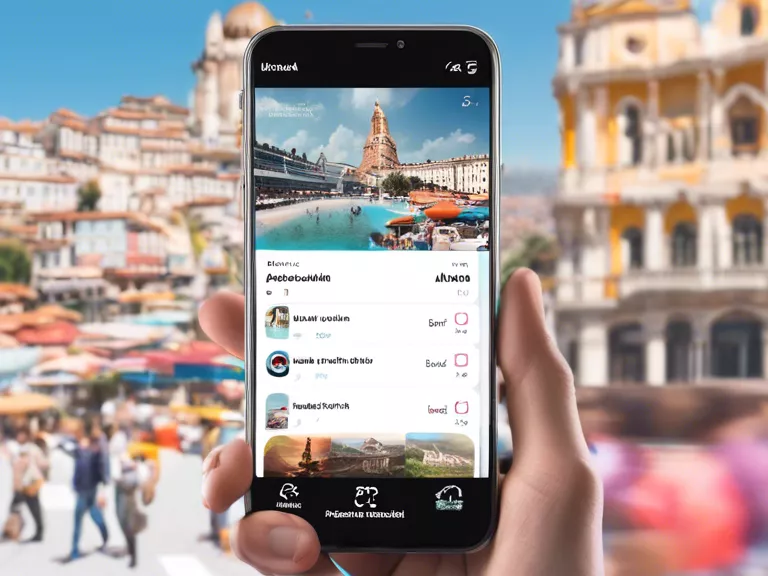
Traveling abroad can be an exciting experience, but it's important to be mindful of data management and privacy while using travel technology. Here are some best practices to ensure your personal information stays secure.
First and foremost, always make sure to use secure networks when accessing the internet. Avoid using public Wi-Fi networks, as they are often unsecured and hackers can easily intercept your data. Instead, consider using a virtual private network (VPN) to encrypt your connection and protect your information.
Another good practice is to keep your devices updated with the latest software and security patches. Outdated software can leave your devices vulnerable to cyber attacks, so be sure to regularly check for updates and install them promptly.
When using travel apps or websites to book accommodations, flights, or activities, make sure to read their privacy policies carefully. Only provide necessary information and avoid sharing sensitive data unless absolutely necessary.
Additionally, consider using secure payment methods when making purchases online. Use credit cards instead of debit cards, as they offer better protection against fraud. You can also use mobile payment apps like Apple Pay or Google Pay, which offer an extra layer of security.
Lastly, be cautious about sharing your location on social media platforms or other apps. Revealing your exact whereabouts can pose a security risk, especially if you are traveling alone. Limit the amount of personal information you share online to protect your privacy.
By following these best practices, you can enjoy your travels with peace of mind knowing that your data is safe and secure.



